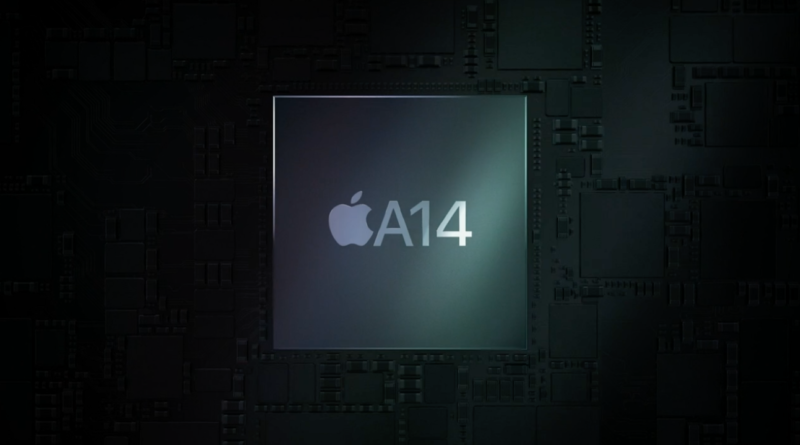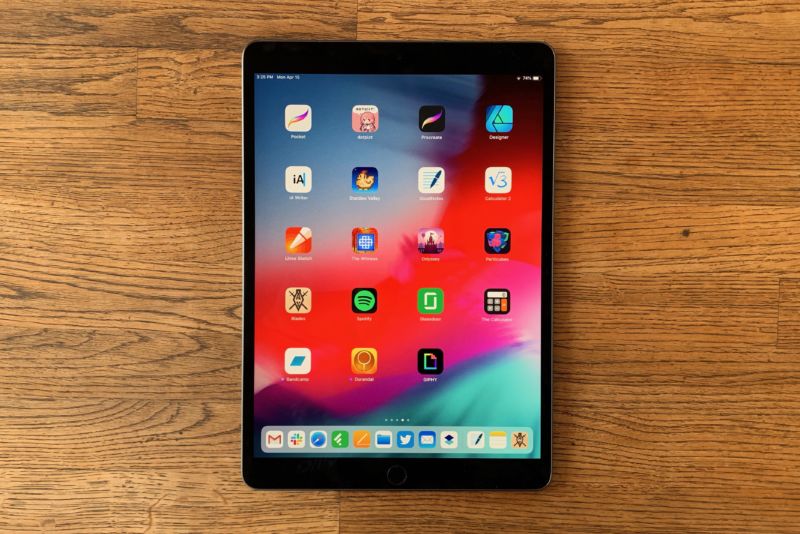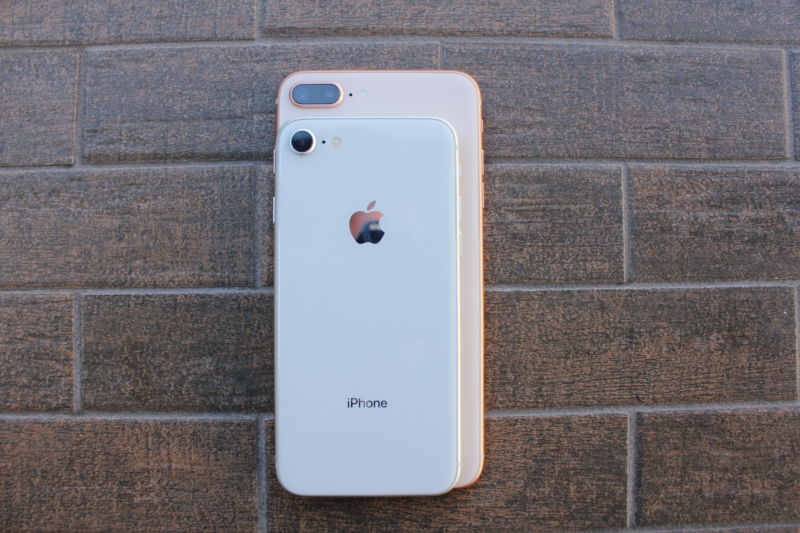-
 chevron_right
chevron_right
The new iPad Air goes all-screen, adds Magic Keyboard support
Samuel Axon · news.movim.eu / ArsTechnica · Tuesday, 15 September, 2020 - 17:52 · 1 minute

Enlarge (credit: Apple)
Apple announced a new CPU today for the 8th generation iPad, the A12 Bionic. The A12 Bionic, featured in the base iPad model, offers 40% faster CPU and 20% faster GPU than 7th generation iPads, and Apple says that also means it's twice as fast as the top selling Windows laptop, three times faster than the top selling Android tablet, and six times faster than the leading Chromebook.
iPad Air
Just like many analysts and leakers predicted, Apple introduced an iPad Air during its "Time Flies" livestream event today. The new iPad Air comes about a year and a half after the last refresh, but it does more than the previous update did: it overhauls the overall design of the device.
Taking cues from the more expensive iPad Pro, the iPad Air now has drastically reduced bezels, no home button, and rounded screen edges. It does not, however, have the front-facing TrueDepth sensor array that the iPad Pro uses for Face ID authentication. Rather, it introduces something new to Apple devices—albeit not new to consumer mobile devices in general. The new iPad Air has the long-rumored in-screen fingerprint reader, something people have speculated for a couple years would find its way into lower-end iOS and iPadOS devices like the iPhone SE.



